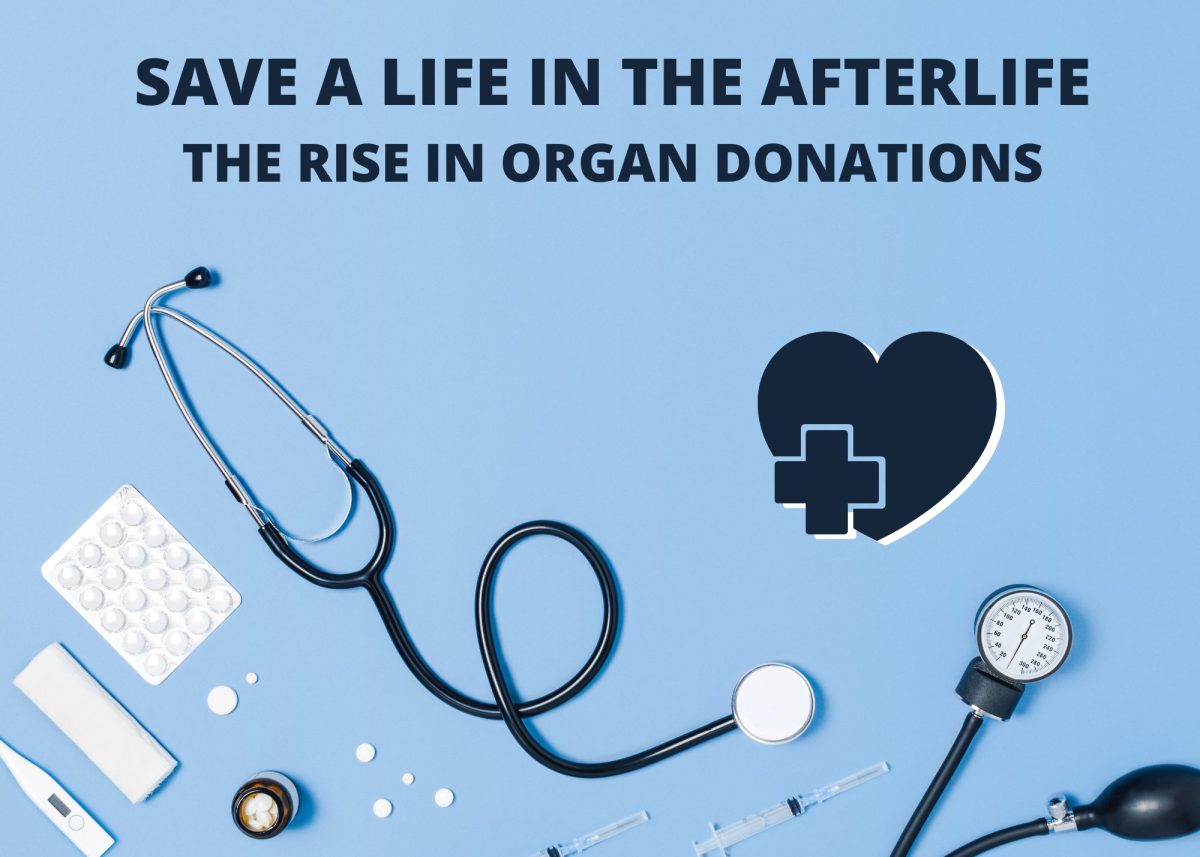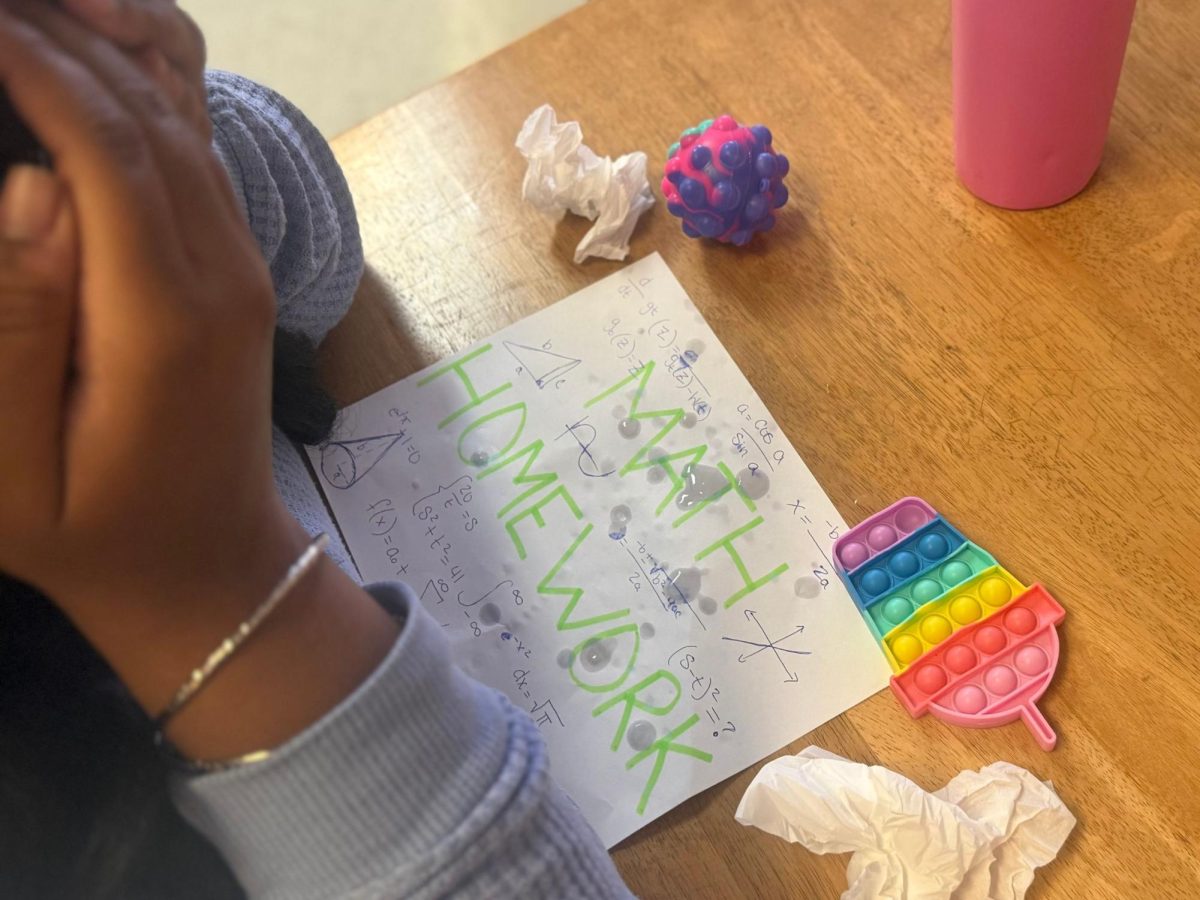Organ donations began around 1954 when the first transplant occurred with minimal medical equipment. The risky procedure came about due to a twin brother suffering from kidney failure when doctors proposed the idea of his brother donating a kidney to save his brother’s life. Since the first successful transplant, the medical field developed a safe system to determine who wishes to donate their organs and those who do not.
Medical institutions saw a significant rise in organ donations with a reported 9.6% increase in donations in 2023—a 12.7% increase since 2021; an estimated 39,679 of organ donations came from deceased matches. Although living donations lack attention, the younger generations continue to construct an effort to donate or register to contribute when the opportunity strikes.
“I applied when I first got my learner’s permit, my reasoning was that if I got hurt or got into an accident and passed, I wanted my organs to benefit someone else. I think people who choose not to donate probably aren’t comfortable with their body being used after, which is totally okay,” freshman Elise Gallant said.
Older generations believed doctors treated people with viable organs poorly, with the hopes the patient would pass away and provide organs for organ donation. When doctors launched the option to become an organ donor, assumptions of malpractice came to the surface such as unfair treatment which could bring about an impact on those who wished to sign their organs away. Misleading information caused an uproar in the unwarranted distrust between doctors and patients, leaving an unsettling feeling for possible donors when registering to donate. The anxious feeling of allowing a loved one’s organs to reside in an unfamiliar body after he or she passes leaves family members hesitant to donate organs.
“I got the opportunity to become an organ donor when I got my driver’s permit in 2022. My main reason for being an organ donor is to help people. When I die I want my organs to be used to help people who need them the most. I believe organ donations help the community a ton, there’s millions of people in the world who are in desperate need of new organs,” senior Brian Corry said.
Throughout 2023, roughly 4,600 organ donations occurred in comparison to 2013, when over 5,000 organ transplants took place in medical centers. In the past ten years, medical equipment and trust within the patient-doctor community improved significantly, furthering the willingness of the community to become organ donors.
In 2020, an estimated 344 organ donations occurred in the state of Georgia out of roughly 300 million residents During the application process to acquire a license or state ID for the first time, an option to become an organ donor appeared. Over the last ten years, a significant increase in people agreeing to register emerged. As the registered organ donor community grows, patients in need of new organs receive them. Providing organs to those in need increases the population and lessens the amount of fatal organ failures.
















